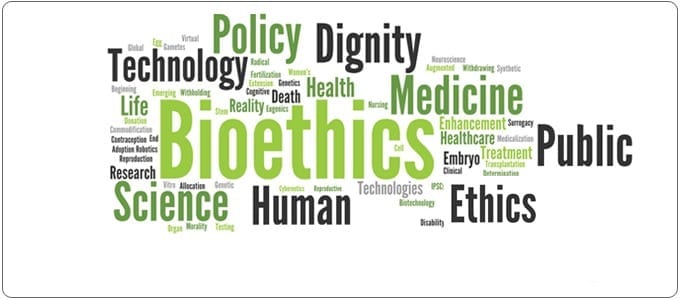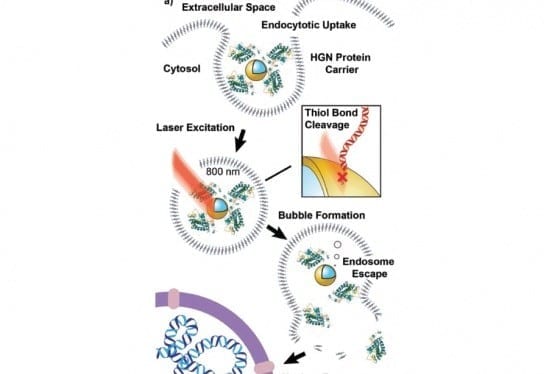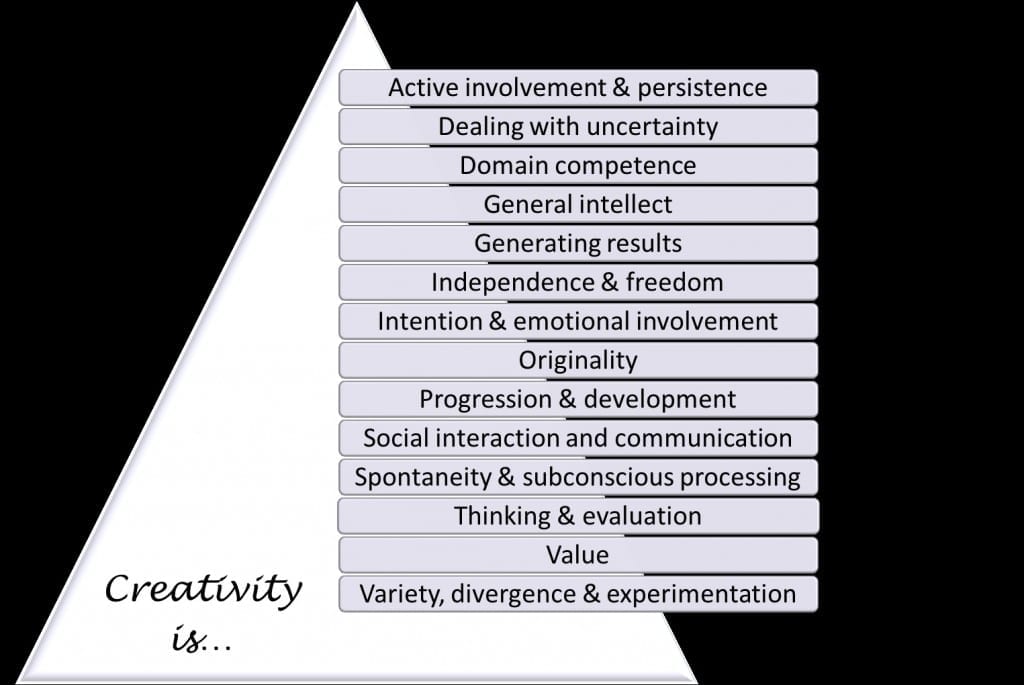
Preventing the transmission of inherited genetic diseases, and increasing food production rates in farmed animals are two potential applications of genome editing technologies that require urgent ethical scrutiny, according to a new report by the Nuffield Council on Bioethics.
The Council, which includes academics from King’s, has today published the first findings of its review looking at the potential impact of recent advances in genome editing such as the CRISPR-Cas9 system across many areas of biological research. The report found evidence that, given its technical advantages and rates of uptake, genome editing is already having an almost unprecedented impact in research. The Council considered the possible effects of these advances in fields such as health care, food production, industry and public health.
Professor Karen Yeung, Director of the Centre for Technology, Law & Society at King’s and a member of the Nuffield Council on Bioethics Working Group, who conducted the review said: ‘We examined the way in which these technologies are being taken up in the research community and what we found is that, because of a number of advantages which they offer in relation to existing techniques for manipulating DNA, they are having an unprecedented transformative effect on the biological sciences and for that reason they have the potential to change our expectations and ambitions about human control over the biological world.
‘One of the reasons why we are undertaking this review is to encourage public deliberation. We think that the potential applications for human health are very important, but also in relation to food production where the technology is really almost ready to go and that is why we are trying to think carefully about the ethical dimensions in order to try and identify the paths of development that we think are the most ethically appropriate.’
The Council will now begin work on two further inquiries addressing the ethical and practical questions raised by possible uses of genome editing in different fields. The first of these will focus on the potential use of genome editing in human reproduction to avoid the transmission of heritable genetic conditions, and the second on livestock to improve systems of animal husbandry and food production.
Dr Andy Greenfield, Chair of the Nuffield Council on Bioethics Working Group who conducted the review, said:‘Genome editing is already showing a potential to transform not only how biological research is carried out, but more importantly our expectations and ambitions for addressing challenges such as disease prevention and food security. Although most uses so far have been in research, the potential applications seem to be almost unlimited, given that the techniques are applicable to all organisms, from bacteria to plants, animals, and human beings.’
Avoiding genetic disease
Human reproductive applications are probably the most talked about potential application of genome editing technologies and raise some of the most complex ethical concerns. Genome editing could one day offer an alternative approach to preventing the inheritance of diseases such as cystic fibrosis.
Concerns have been stirred by reports of research in China to correct disease-causing genetic mutations in non-viable embryos in 2015 and the granting, by the Human Fertilisation and Embryology Authority (HFEA), of a licence to allow genome editing of embryos in the UK February 2016.
Professor Yeung is Chair of the newly established Nuffield Council on Bioethics Working Party on human reproductive applications and said: ‘Genome editing is a potentially powerful set of techniques that holds many future possibilities, including that of altering certain genetic features at the embryonic stage that are known to lead to serious and life-limiting disease. In the UK and in many other countries, a long path to legislative change would have to be followed before this could become a treatment option. But it is only right that we acknowledge where this new science may lead and explore the possible paths ahead to ensure the one on which we set out today is the right one. We will be very interested to hear people’s views on this aspect of genome editing technologies in our new inquiry.’
Many people have concerns about the possible use of genome editing in humans, for example, about the risks of unintended effects due to off target DNA alterations, and the implications of making irreversible changes that will be passed on to future generations. Another key concern is the possible orientation of research towards human enhancement, going beyond disease prevention into the engineering of ‘desirable’ genetic characteristics. As with other technologies and innovations, the potential benefits and harms of genome editing might not be distributed equitably, and some people are worried that negative effects could cause discrimination, injustice or disadvantage to certain individuals or groups.
Learn more: Ethical challenges of genome editing
The Latest on: Bioethics
[google_news title=”” keyword=”bioethics” num_posts=”10″ blurb_length=”0″ show_thumb=”left”]
via Google News
The Latest on: Bioethics
- 'Headshot Doctor' helps photo subjects look and feel their beston May 7, 2024 at 8:30 pm
ALL RIGHT, A PHOTO QUEEN. YEP. WE’RE GOING TO TAKE YOU FROM THE WAY THAT PEOPLE USUALLY START OF THE WORST. AND THEN TAKE YOU TO THE BEST. OKAY, SO LET’S HEAD SHOT. DOCTOR DALE FUCCI HAS A ...
- Opinion: Catholics Should Not Be ‘Brain Death’ Organ Donorson April 29, 2024 at 12:17 pm
COMMENTARY: The April 11 statement by The National Catholic Bioethics Center affirms that ‘a partial brain death standard can never be acceptable to Catholics.’ ...
- Dr. Robin Downing on the bioethics in veterinary medicine and primary principles of ascent dog trainingon April 28, 2024 at 4:36 am
Dr. Robin Downing is a polymath (that means she knows A LOT) of veterinary medicine, a well-respected, albeit outspoken, expert on many topics. Discussed are a wide range of subjects from ...
- Annual Bioethics Symposium addresses intersectionality between AI, ethics, health careon April 12, 2024 at 5:00 pm
Every year, the University of Wisconsin School of Medicine and Public Health organizes a Bioethics Symposium to bring together distinguished scholars from diverse backgrounds and explore topics that ...
- Catholic Bioethics for a New Millenniumon March 11, 2024 at 5:00 am
Harari, David Y and Macauley, Robert C 2020. Betting on CPR: a modern version of Pascal’s Wager. Journal of Medical Ethics, Vol. 46, Issue. 2, p. 110. Keown, John 2022. Desmond Tutu, George Carey and ...
- Bioethics and Health Studies, B.A.on February 28, 2024 at 9:29 am
Saint Louis University's bioethics and health studies major asks students to analyze the ethical questions raised by advances in medical and scientific technology. It examines these questions both in ...
- Combined Bachelor's/Master's Degree Programon February 8, 2024 at 5:27 pm
The MA in Bioethics and Medical Humanities program is open to students from all majors and plans of study. Interest from students comes in a variety and with unique goals which includes but is not ...
- Bioethics Caseson November 15, 2023 at 4:35 pm
Find case studies on topics in health care and biotechnology ethics, including end-of-life care, clinical ethics, pandemics, culturally competent care, vulnerable patient populations, and other topics ...
- Bioethics Resourceson November 14, 2023 at 4:59 am
Bioethics Articles The Center offers a categorized list of bioethics materials including special sections on end-of-life decision making, pandemics, culturally competent care, patients in the care of ...
via Bing News










